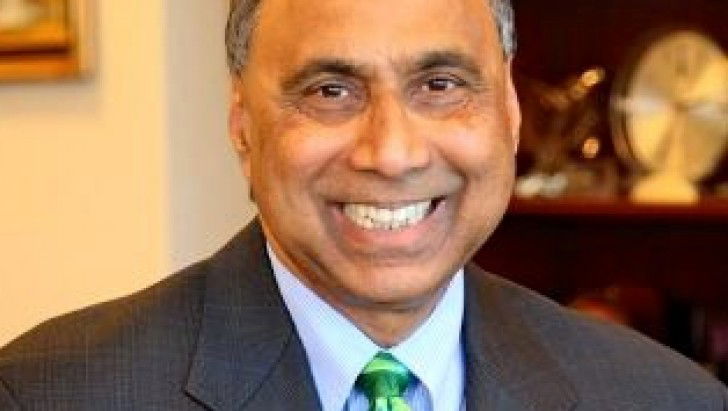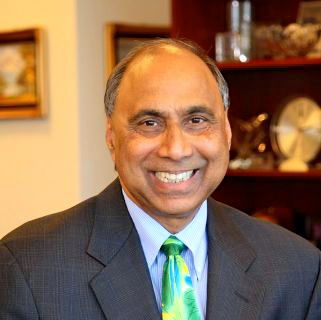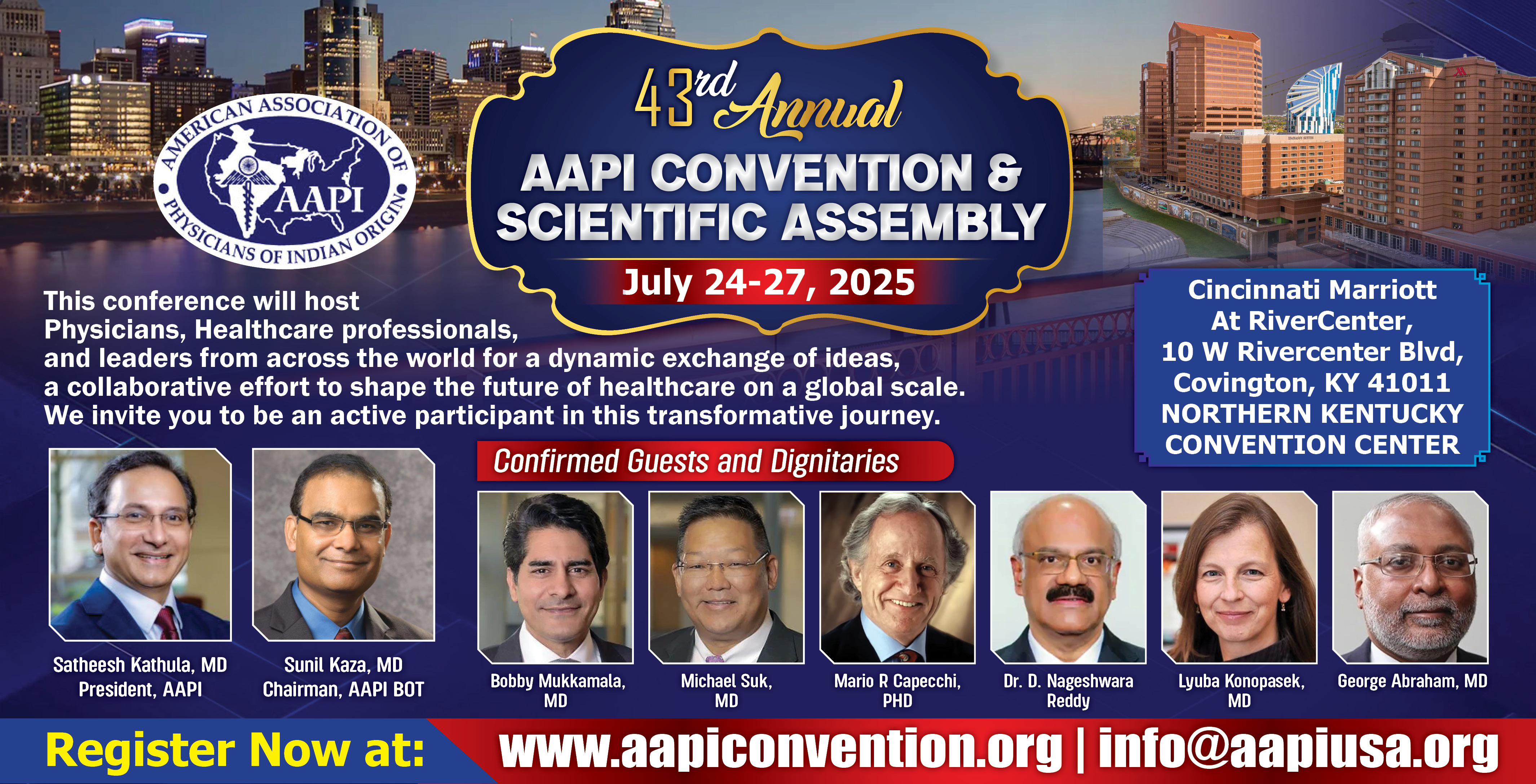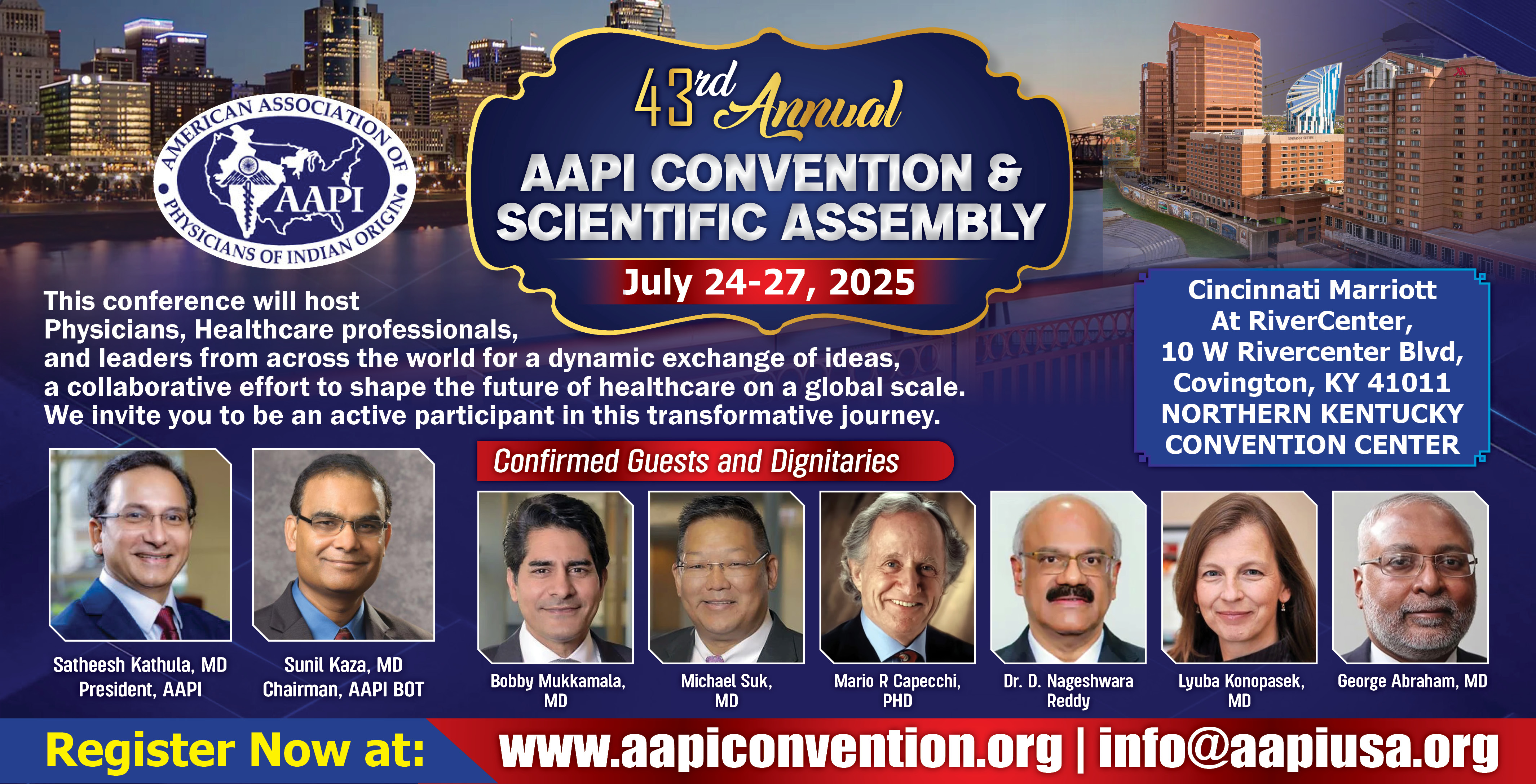Headlines
Passing the Arts Test for These Covid-19 Times

A Column By Frank F. Islam On Passing the Arts Test for These Covid-19 Times
The life of the arts, far from being an interruption, a distraction, in the life of the nation, is close to the center of a nation’s purpose – and is a test to the quality of a nation’s civilization. – John F. Kennedy
Covid-19 put the arts to the test in a way that no-one could have imagined. It shut down virtually all of the museums, libraries and performing venues across the United States and around the world. In spite of this, the artists and those that support them have passed the test.
Here in the U.S, museums like the Metropolitan Museum of Art in New York City conduct virtual tours. The John F. Kennedy Center for the Performing Arts, where I was on the board, is providing daily Digital Stage offerings, including Kennedy Center (and NSO)@Home, Couch Concerts, Family Cncert and other online programming. And, artists of all types from Yo-Yo Ma’s live streaming of Bach’s classic cello suites to Garth Brooks free on-line country music concert have taken their shows digital.
Internationally, Lady Gaga conceived and hosted a Global Citizens telethon with numerous performers and guests. In Italy, Andrea Bocelli sang his Music for Hope concert on Easter Sunday and a violinist comes out on his balcony each evening to play for his neighbors on their balconies. And the Smithsonian Magazine reports that street artists have painted murals and graffiti art on public spaces sending messages of hope and need in countries such as Spain, England, and India.
The artists, their associates and their assistants have given of themselves to fight against Covid-19 in inspiring and creative ways. They have been joined in return by an outpouring of generosity.
In the U.S., the Coronavirus Aid, Relief and Economic Security Act provided $75 million to the National Endowment for the Arts (NEA) to provide grants to non-profit art organizations. The NEA and many others posted blogs listing organizations for artists to contact for resources and grants during the pandemic. States, local governments, philanthropic foundations and individual citizens stepped up to the plate and provided financial assistance as well.
Many of the U.S. philanthropic foundations such as Global Giving and the Center for Disaster Philanthropy have directed emergency funds at those in vulnerable communities located around the globe. This would obviously include “struggling artistsâ€. And, sadly there are many of them, even in the best of times.
The charitable outpouring has been significant. Unfortunately, given the magnitude of Covid-19 and the devastating effects around the world on health care, educational and economic systems of all nations, most economists and experts now agree that the recovery will be very slow – and especially slow for those who are self-employed or gig-workers in low paying jobs.
Many artists fall into this category. What can those interested in supporting these artists do to support them during these transitional times and to provide them with a more solid foundation going forward after the Covid-19 pandemic has ended?
They can engage in what I call purposeful philanthropy. Purposeful philanthropy is making investments directed at eliminating underlying social and economic problems and improving circumstances and conditions over time.
There are many avenues that can be taken to accomplish this. Here are a few ideas.
UNESCO, the cultural agency of the United Nations, has launched the ResilArt movement. This movement “among other things will consist of a series of global virtual debates with renowned artists and draw support from the cultural world throughout the crisis.†It will also develop guidelines that can be drawn upon to improve the protection of artists in the future.
Shovana Narayan writing for the South Asia Monitor in India observes that UNESCO in a 1980 issued a resolution on the status of artists which is a statement on the need to address the social security, labor and the tax conditions of the artist. She advocates taking actions to accomplish this in response to the pandemic. Philanthropists could embrace and support governments and groups advancing this inclusionary movement.
Another thing that philanthropists could do, which I have suggested before, is to join together in an international interconnected philanthropic network (IIPN) to finance the development and implementation of plans to fuel the recovery after the coronavirus. One of elements of those plans could be a focus on artists and art organizations.
An IIPN might seem a little far-fetched but the seeds for it already exist. For example, The Co-Impact global collaborative which includes donors such as Bill and Melinda Gates and the Rockefeller Foundation, is focused on “system change to improve the lives of millions by advancing education, improving people’s health and providing economic opportunity.†Artists need this type of help.
Artists also need jobs. Recognizing this, one of the proposals that I have put forward to legislators here in the United States is the creation of a Civilian Coronavirus Corps (CCC).
The CCC would be similar in nature to the Civilian Conservation Corps and the Works Progress Administration Federal Arts Project which produced more than 18,000 works of sculpture and posters during the Great Depression. This CCC in 2020 and for the next several years, until it would not be necessary, could provide jobs to do: art of all forms (architecture, sculpture, painting, literature, music, performing and film); performances and concerts in communities across this nation; and even mail art.
In closing, the need is great. The time is now. It is imperative for all of us who love the work of artists and the arts to discover our inner artist.
For some that artwork may consist of merely signing a check. For others, it may mean devoting the time and talent to finish an uncompleted painting or drawing upon a blank canvas to create innovative and collaborative ways to keep artists on the playing field.
Wherever that inner artist takes us, we will have passed the test of making a meaningful difference for those artists who are difference makers in terms of the culture of a country, the world and a civilized society.














































